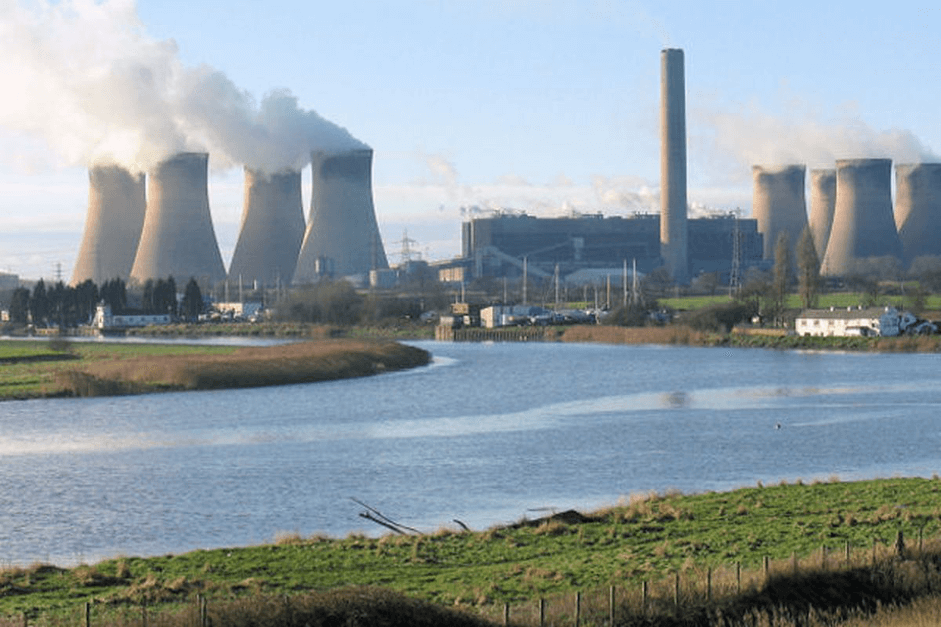
LONDON: The Government of United Kingdom declared that it would carry out the “largest nuclear power expansion in the nation for 70 years in order to support energy independence and fulfill carbon emission targets.” A large new power plant, “smarter regulation,” and an investment of £300 million ($382 million) to create an enhanced uranium fuel are all included in the Civil Nuclear Roadmap. When combined, the plans would increase nuclear power in the UK by four times to 24 gigawatts by 2050, which would be sufficient to meet 25% of the country’s electricity needs. “Nuclear is the perfect antidote to the energy challenges facing Britain — it’s green, cheaper in the long-term and will ensure the UK’s energy security,” stated Prime Minister Rishi Sunak. “This is the right long-term decision and is the next step in our commitment to nuclear power, which puts us on course to achieve net zero by 2050 in a measured and sustainable way,” he stated. Though it has faced criticism since declaring last summer that it will be awarding “hundreds” of new oil and gas licenses in the North Sea, the government maintains that it is dedicated to the 2050 net zero aim. In addition, it is dealing with a crisis in living expenses, partially brought on by the surge in gas and oil prices that followed Russia’s invasion of Ukraine.
Plans to ensure that the UK “never again be held to ransom over energy by tyrants like Vladimir Putin” were announced by Claire Coutinho, minister of energy. Proposals to “reduce electricity bills, support thousands of jobs and improve UK energy security” were made public by the government, which described them as “the biggest expansion of nuclear power for 70 years”. The idea that attracts the most attention is the potential construction of a second power station with the same capacity as Sizewell in east England, whose construction is scheduled to start this year, and Hinkley in west England, which is presently underway. Six million houses might be supplied with electricity each by both power plants. Of the nine nuclear reactors that are currently in operation in the UK, five of them are nearing the end of their operating lives. Since 2021, six reactors on three locations have been shut down, and they will be disassembled. But in March, the operator EDF declared that it was going to prolong the lifespan of Heysham 1 and Hartlepool, two British power facilities. By 2050, the UK plans to construct up to eight nuclear reactors. The government announced on Sunday that it would devote up to £300 million to the production of HALEU fuel, which is presently only manufactured commercially in Russia and is needed for future, advanced reactors. “The UK will lead the way from its North West production hub to provide the world with this form of uranium fuel, with the first plant aiming to be operational early in the next decade,” stated the government.